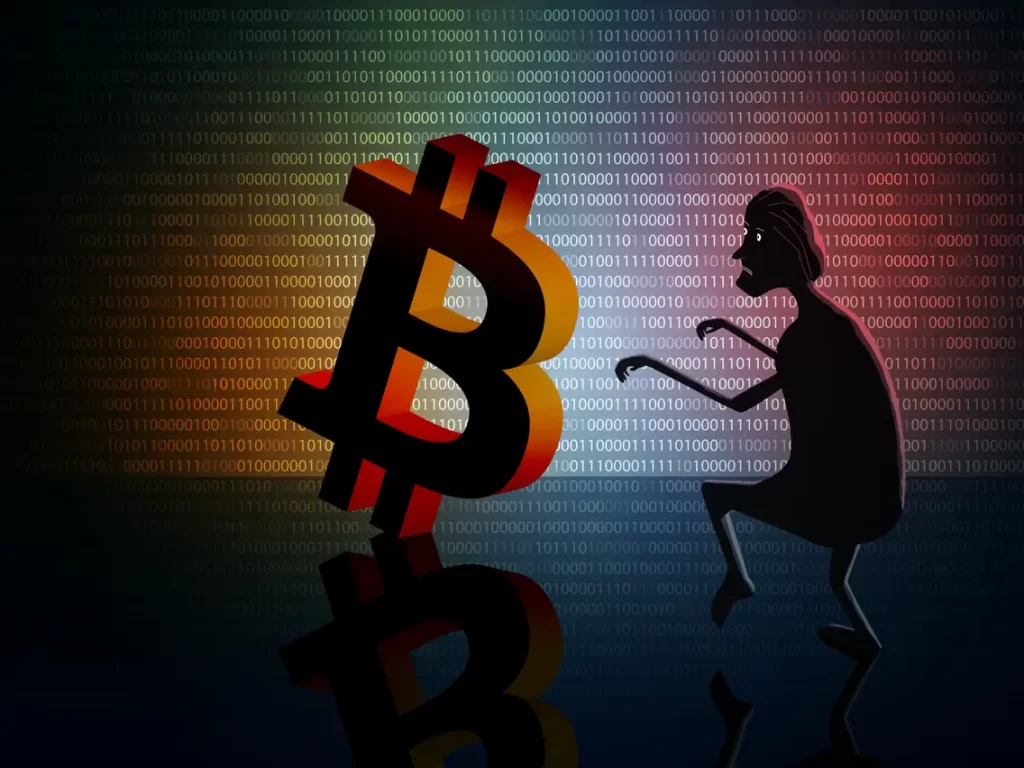A volunteer says coercion in the Bitcoin scam resulted in the theft of $150K from veterans.
By James Pebenito • January 10, 2024
A volunteer says coercion in the Bitcoin scam resulted in the theft of $150K from veterans.
Martin J. Svoboda II, 72, of Arkansas, is embroiled in a legal maze after being charged with embezzling $150,000 from the Arkansas Veterans Village, a charity that helps homeless veterans. The charity’s treasurer, Svoboda, claims he turned to stealing as a result of intimidation from Bitcoin scammers who had stolen his identity and threatened to publish photos that had been digitally altered to be provocative.
Svoboda’s position as treasurer of Arkansas Veterans Village, a group that offers transitional housing for homeless veterans, has been clouded by his arrest last week on three charges of embezzlement. An investigation was started after a significant disparity was found in the charity’s accounting.

Coercion for Bitcoin Scam
The Arkansas Democrat-Gazette writes that Svoboda admitted to the crime in December last year, blaming his actions on coercion from Bitcoin scammers. He was allegedly the victim of identity theft, and the con artists threatened to disclose photos that had been digitally altered and compromised unless he paid them a ransom in Bitcoin. Svoboda says that he felt forced to steal money from the charity because of this situation.
The president of the veteran’s charity, Cindy Ford, offered more context for the circumstances. Ford told the police that, starting in 2016, Svoboda had been writing checks to himself that he would disguise as personal bills. Furthermore, she claims that Svoboda falsified the account numbers to show that no money had been embezzled.
Legal Consequences
The accusations against Svoboda highlight charitable organizations’ difficulties in protecting their funds from internal fraud. The length of the misappropriation and its possible effects on the charity’s capacity to assist homeless veterans will probably become clearer as the judicial process progresses.
The instance of Svoboda emphasizes the rising anxiety over identity theft and Bitcoin fraud. People, even those engaged in philanthropic activities, are at risk of coercion and threats due to scammers’ use of more complex strategies. The example serves as a reminder of how crucial it is to safeguard organizational and personal assets with strong cybersecurity measures and constant watchfulness.
The ongoing legal processes about the purported theft from the Arkansas Veterans Village by Martin J. Svoboda II highlight the complex difficulties that nonprofit organizations encounter. The case highlights the severity of identity theft and the frequency of Bitcoin fraud as it develops. In addition to the potential legal ramifications, this occurrence sparks a wider discussion about the necessity of enhanced cybersecurity protocols and moral behavior in institutions that assist marginalized communities.



